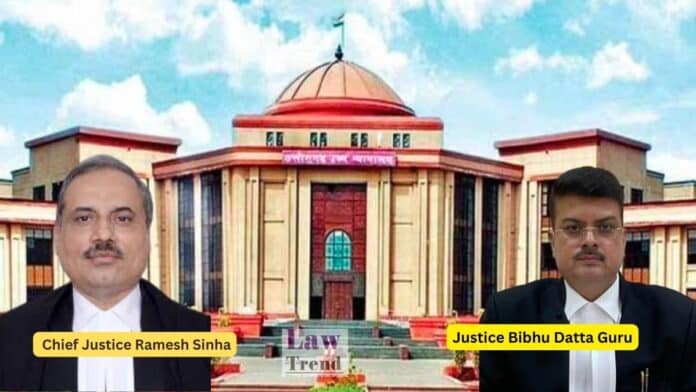The Chhattisgarh High Court in Bilaspur recently dismissed an appeal by a guest lecturer challenging a government policy that could lead to the replacement of temporary guest lecturers by new candidates with higher qualifications. The case, WA No. 729 of 2024, was decided by a bench comprising Chief Justice Ramesh Sinha and Justice Bibhu Datta
To Read More Please Subscribe to VIP Membership for Unlimited Access to All the Articles, Download Available Copies of Judgments/Order, Acess to Central/State Bare Acts, Advertisement Free Content, Access to More than 4000 Legal Drafts( Readymade Editable Formats of Suits, Petitions, Writs, Legal Notices, Divorce Petitions, 138 Notices, Bail Applications etc.) in Hindi and English.




